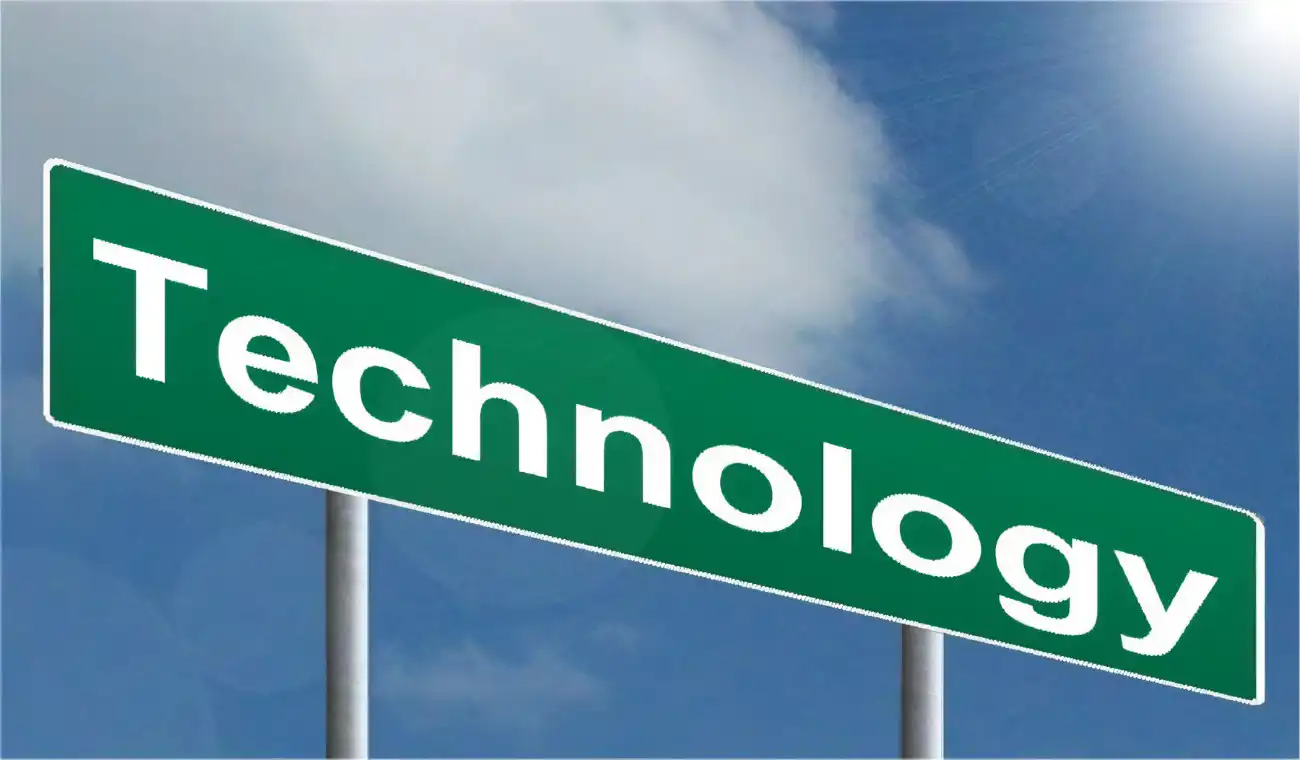Disputes and complications often surround tech giants, and one such situation involves Apple, a well-known multinational technology company. An administrative judge of the International Trade Commission (ITC) has initially ruled that Apple infringed on a patent owned by the health tech company AliveCor. This patent is specifically related to a technology that Apple used in its Apple Watch, putting the smartwatch on the line for potential prohibition in the US market.
The process began with AliveCor filing two complaints in 2021, accusing Apple Watch of violating its patents that involved ECG (electrocardiogram) technology. In April 2021, the case saw its first breakthrough when the US federal court acknowledged that Apple had possibly infringed AliveCor's patent. AliveCor consequently requested in May 2021 for the ITC to implement a ban on the Apple Watch's importation.
AliveCor's request was strong; they demanded that all Apple Watches be barred from the United States until the legal battle was put to rest. The key focus of this lawsuit surrounds the technology used in the Apple Watch that allows it to facilitate ECG readings. Other smartwatch brands also offer such a feature; however, AliveCor specifically aimed at Apple.

While initially seeming like a long shot, this demand isn't entirely baseless. The ITC is known to issue import bans in circumstances when imported items infringe on domestic patents. Apple, being a foreign brand, could potentially become a victim of such a ruling.
Now, this situation doesn't directly imply a permanent ban or recall on the Apple Watch just yet. The preliminary ruling still needs to be confirmed or disapproved by a commission made up of six members. Depending on their collective decision, the Apple Watch's fate in the United States will be sealed.
Should it get approved, the ban would cover six models of Apple Watches, including the most recent ones. In that case, Apple's only remaining legal recourse would be to appeal to either the US Court of Appeals for the Federal Circuit or the Court of International Trade.
However, not all is lost for Apple even if the ban is implemented. The company could still manage to dodge the bullet by seeking a presidential veto. Past presidents, including Obama and Reagan, have utilized such a veto to curb ITC-issued bans, albeit not often and only in limited cases.
Meanwhile, there are a couple of other saving graces for Apple. Firstly, there's an ongoing legal fight between AliveCor and the US Patent and Trademark Office. This battle is regarding the validity of AliveCor's patent. If the authority invalidates the patent, then the whole ordeal against Apple falls flat.
Furthermore, there's a 'public interest test' that can also tip the scales in Apple's favor. This test assesses if the ban on the product would cause harm to the public that outweighs the benefit of enforcing the patent rights. Given the popularity of Apple Watches and their health-tracking features, this clause might save Apple from the ban.
Another aspect worth noting is the timing. The final ITC ruling will only come into effect around 4-5 months from now, which gives Apple ample time to strategize and take appropriate action to protect its product, including settling the dispute or redesigning the device to bypass the patent infringement.
This entire situation raises some significant questions about the broader context of patent battles that often occur within the tech industry. Tech companies have notoriously weaponized patent litigation in the past, using it to beat competitors. It is crucial to ensure such litigation does not stifle innovation or limit consumer choices.
It also brings attention to tech patents' nature, often criticized for being overly broad or vague. In some cases, companies can secure patents for pretty basic concepts. This encourages opportunistic litigation, where companies litigate not for the sake of protecting intellectual property, but for blocking competition.
Whichever side you may incline towards, it is clear that the outcome of this case will set a precedent for similar battles in the future. Whether that future is one where health tech companies have more power to control the market or a future where tech giants have more power to innovate remains to be seen, highlighting the vital importance of this case.
Following the news of the potential ban, there have been heated debates about the implications that such a ban would have on competing companies and the tech market as a whole. The world is keenly observing the developments and awaiting the final result, which will surely shape the future course of the market.
Ultimately, the Apple Watch's future hangs in the balance. The next few months will be a crucial determinant of its fate in the US market. Regardless of the outcome, the battle is indicative of a much larger and important discussion about patents and their role within the technology and health sectors.